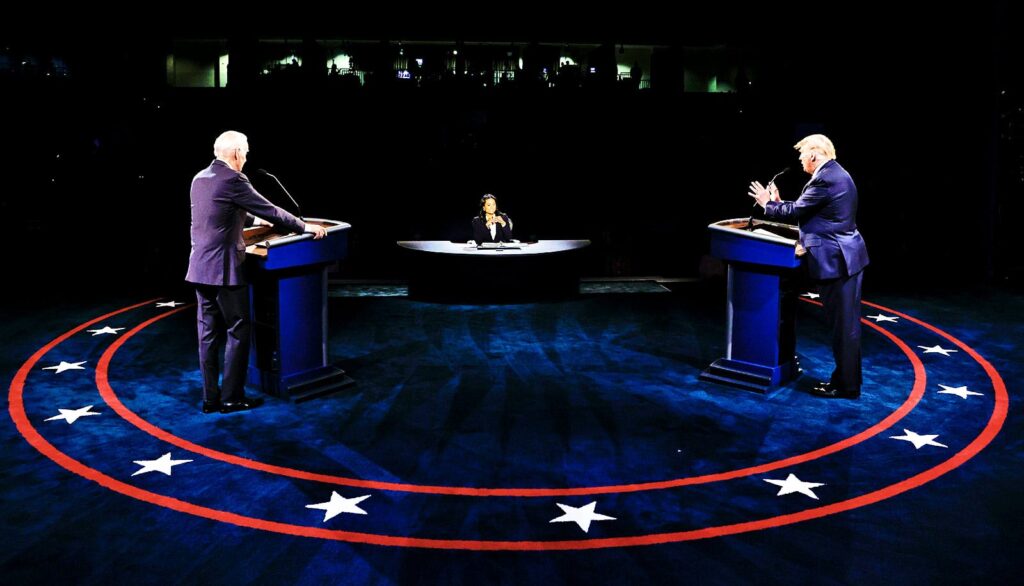Since the first nationally televised presidential debate in 1960, John F. Kennedy's careful image management was widely believed to have contributed to his electoral victory over Richard Nixon, but has been subject to recent debate. Scholars have sought to understand how presidential debates affect voters.
When it comes to voting choice, studies have shown that viewing debates generally has a small effect. Debate viewers are the people who are most interested in politics and are therefore likely to have made up their minds well before the debate. For these people, debates are primarily a spectator sport, watched primarily to see their preferred candidates perform, with little impact on their opinion of the candidates.
That said, some research suggests that a candidate's debate performance can affect voter likeability, which in turn can influence the choice of undecided voters. Moreover, if a candidate performs poorly in a debate or makes a major gaffe, it can have a lasting effect on how a candidate is evaluated.
However, studies of the potential indirect effects of the debates, through the significant media attention they attract both before and after they take place, provide stronger evidence of their influence.
One such effect is learning: voters gain a better understanding of the issues and candidates after a debate. But while more knowledgeable voters tend to learn more from watching the actual debate, less knowledgeable voters find this gap narrowing in the days after the debate, as debate-related content is hard to avoid even for people who are not particularly interested in politics.

